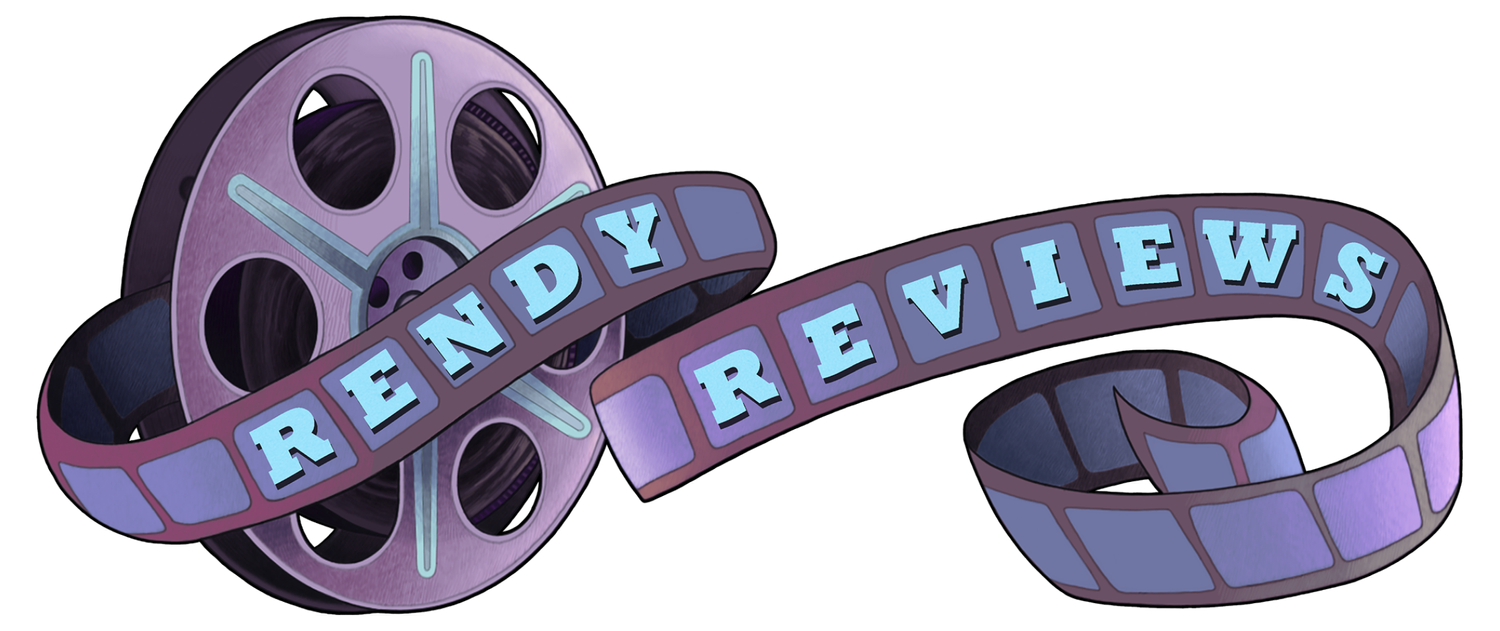'Small Axe: Red, White, and Blue' Review
TV-MA
Runtime: 1 Hr and 20 Minutes
Production Companies: EMU Films, Turbine Studios, BBC Studios, Amazon Studios
Distributor: Amazon Prime Video
Director: Steve McQueen
Writers: Steve McQueen, Courttia Newland
Cast: John Boyega, Joy Richardson, Neil Maskell, Stephen Boxer, Calum Callaghan, Conor Lowson, Assad Zaman, Antonia Thomas, Liam Garrigan, Tyrone Huntley, Nadine Marshall, Mark Stanley
Release Date: December 4, 2020
Spotlights the true story of Leroy Logan, who at a young age saw his father assaulted by two policemen, motivating him to join the Metropolitan Police and change their racist attitudes from within
My coverage of Steve McQueen’s 5-part film anthology Small Axe continues with the third entry, Red, White, and Blue. While Lover’s Rock and Mangrove were outlooks on major points of history, the remaining parts are biopics that take a glimpse into the lives and origins of West Indian figures in Britain finding their voice in a society that’s set to see them fail. With Red, White, and Blue, McQueen tells the story of Leroy Logan (John Boyega), a forensic scientist with a Ph.D. who becomes a London Metropolitan Police officer with a drive to bring change to the force. However, because of his occupation and the time period, he’s perceived as a traitor within the Black community and the predominantly White males in the force project their racism onto him and harass him to no end. Red, White, and Blue is a stirring portrait that works in the same vein as Mangrove and some of the films that follow. The film puts you in the passenger seat of the emotionally grueling experience of a Black British cop navigating through the internal world of the British police. It chronicles the trials and tribulations that Logan faces as he pursues success in the field that is always set to bring people of his skin tone down.
Unlike other movies about Black people working in the force, Red, White, and Blue doesn’t take a copaganda stance (BlackKklansman), nor does it pin Leroy Logan as a voiceless pawn who doesn’t do anything and is completely complicit (Detroit). The film takes a rightful ACAB stance and presents a raw and thought-provoking conversation on the experience of Black cops in the late 20th Century. McQueen accomplishes the proper tone to tell Logan’s story, making it both genuinely engrossing and enraging to witness. The film does an exceptional job balancing the cruel internal world of the crooked and transparently racist Police Force and how it affects Logan’s personal life.
The major conflict — apart from Logan versus the system itself — is the relationship he shares with his dad Kenneth Logan (Steve Toussaint). Early in the story, Kenneth is brutally harassed by the police and once he recovers from his devastating injuries, still reeling in from his trauma, he learns his own son has decided to quit forensic science to enter the very system that put him in the hospital in the first place. You can fill in the gaps for yourself. While you’d definitely side with Kenneth for obvious reasons, you still understand the determination and motivation that Logan displays until… well, everything blows up in his face.
I prefer the latter half of the film over the first act since it’s much stronger in its storytelling as it explores the inner workings of racism and how minority groups are treated. One of the only friends that Logan makes in the force is a Pakistani officer named PC Kamali (Assad Zaman) and God, he gets it just as bad as Logan. The film keeps you on your toes as you wait for the inevitable moment where Logan breaks through the constant harassment and subtle microaggressions.
This marks the second time that John Boyega has played an officer at a crossroads, questioning his morality. I mean, technically it’s the third time, but I don’t like to acknowledge Star Wars, which is referenced in this movie for some reason. That being said, this is the first project where Boyega is actually provided with a detailed and complex story so we can get a full picture of his character. It does justice to the real Leroy Logan and to Boyega’s star power. He delivers a riveting performance, depicting the raw nature of what many Black people face in a predominately White industry on a daily basis. Boyega is charming as hell when he’s with his loved ones, but when he gets pissed off, he’s frightening in a cathartic sense. He’s incredible.
There is an extensive chase scene that takes place in a warehouse factory during the climax that gave me major Widows energy, which is fitting considering that was McQueen’s first dive into the thriller genre. It’s a major left turn that catches you off guard but it’s filmed incredibly well. McQueen accomplishes this through a long tracking shot that takes your breath away. It puts you on edge and is the most memorable scene in the film. Hell, I rewatched it several times just to feel the adrenaline rush over and over again. Steve McQueen, please do more action movies!
I find the dialogue in Red, White, and Blue to be more telegraphed than authentic. The dialogue is noticeably weaker as some characters, especially Logan’s family members, speak through exposition. Due to its 80-minute runtime, some of the narrative beats feel rushed, especially when it transitions to the area where Logan becomes a cop. The film never lets up as you go from one heavy emotional moment to another. Other than that, Red, White, and Blue is yet another fantastic entry in the Small Axe series that I wholeheartedly recommend.







